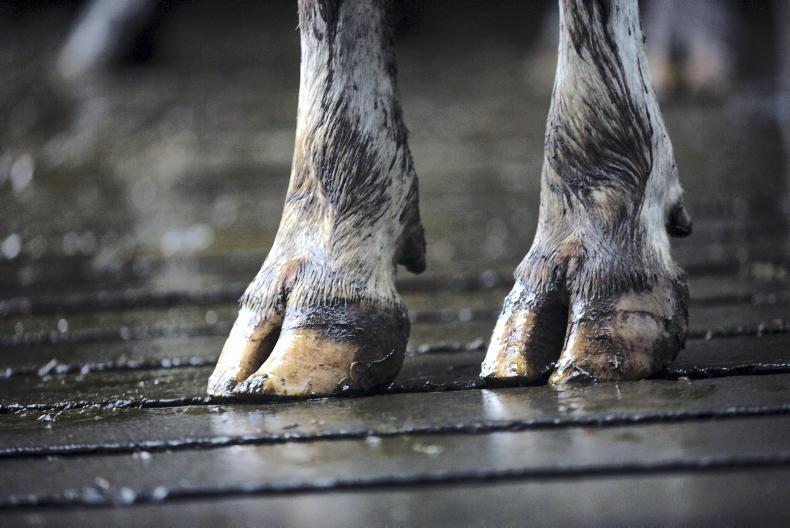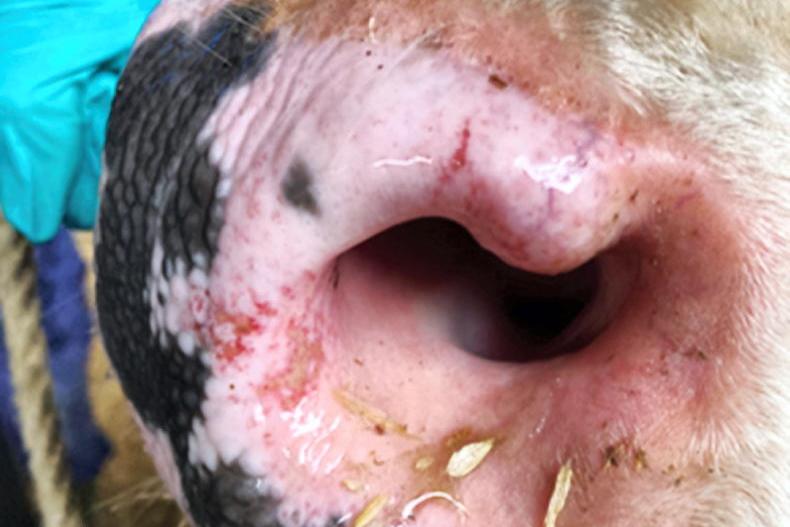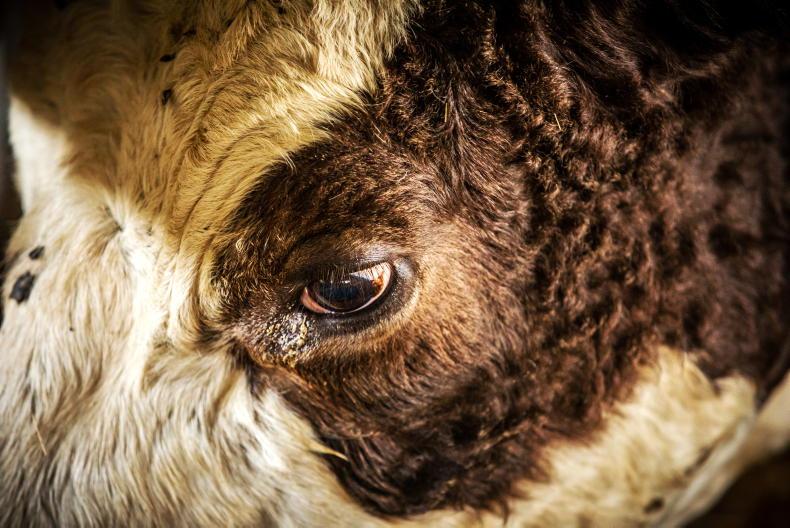The agriculture industry in Britain is on high alert after reporting its first case of bluetongue virus (BTV) in 16 years.
The UK’s chief veterinary officer has urged farmers to remain vigilant for bluetongue virus after the disease was found in a single cow in Kent.
The cow was culled to reduce the risk of onward disease transmission and a 10km temporary control zone has been put in place around the affected farm.
Within this zone, the movement of bluetongue-susceptible animals will be subject to movement restrictions and additional surveillance will be undertaken.
BTV3 strain
It is understood that the Kent cow was confirmed to have bluetongue virus serotype 3 (BTV3), which was first detected in the Netherlands in September 2023.
Belgium and Germany have also confirmed outbreaks of BTV3 in sheep in October 2023.
There is no EU-approved vaccine against BTV3 and it is not yet known if other bluetongue vaccines (BTV8, 1 or 4) can provide cross-protection.
Deputy chief veterinary officer at the Irish Department of Agriculture June Fanning recently wrote for the Irish Farmers Journal about the bluetongue situation in Europe and how we can keep the virus out of Ireland.
Northern Ireland restrictions
All movement of ruminant animals and their germinal products (semen, ova and embryos) from Britain to Northern Ireland (NI) will be temporarily suspended as they are now not eligible for certification.
The NI Department of Agriculture, Environment and Rural Affairs (DAERA) is also taking immediate action to trace all cattle and sheep movements into NI from Britain since 1 October.
These livestock will require isolation and post-import testing by the department.
DAERA has said that local divisional veterinary offices will be in contact with affected livestock owners to arrange testing, which will assist in ensuring that NI remains BTV-free.
Bluetongue is a disease of certain species of animals, including cows, goats, sheep and other camelids such as llamas, caused by bluetongue virus.
The disease can cause serious illness and death in some affected animals, but does not affect human or food safety.
Ireland does not have bluetongue disease, but a potential outbreak here could have a very negative impact on animal welfare and the livestock sector.
Bluetongue is a notifiable disease, which means that any suspected cases of bluetongue must be reported to the Department of Agriculture, Food and the Marine without delay.
The virus is transmitted by midge bites and midges are most active between April and November.
Not all susceptible animals show immediate - or any - signs of contracting the virus.
The impacts on susceptible animals can vary greatly - some show no symptoms or effects at all, for others it can cause productivity issues such as reduced milk yield, while, in the most severe cases, it can be fatal for infected animals.
Read more
Bluetongue risk heightened as virus continues to spread in Europe
The agriculture industry in Britain is on high alert after reporting its first case of bluetongue virus (BTV) in 16 years.
The UK’s chief veterinary officer has urged farmers to remain vigilant for bluetongue virus after the disease was found in a single cow in Kent.
The cow was culled to reduce the risk of onward disease transmission and a 10km temporary control zone has been put in place around the affected farm.
Within this zone, the movement of bluetongue-susceptible animals will be subject to movement restrictions and additional surveillance will be undertaken.
BTV3 strain
It is understood that the Kent cow was confirmed to have bluetongue virus serotype 3 (BTV3), which was first detected in the Netherlands in September 2023.
Belgium and Germany have also confirmed outbreaks of BTV3 in sheep in October 2023.
There is no EU-approved vaccine against BTV3 and it is not yet known if other bluetongue vaccines (BTV8, 1 or 4) can provide cross-protection.
Deputy chief veterinary officer at the Irish Department of Agriculture June Fanning recently wrote for the Irish Farmers Journal about the bluetongue situation in Europe and how we can keep the virus out of Ireland.
Northern Ireland restrictions
All movement of ruminant animals and their germinal products (semen, ova and embryos) from Britain to Northern Ireland (NI) will be temporarily suspended as they are now not eligible for certification.
The NI Department of Agriculture, Environment and Rural Affairs (DAERA) is also taking immediate action to trace all cattle and sheep movements into NI from Britain since 1 October.
These livestock will require isolation and post-import testing by the department.
DAERA has said that local divisional veterinary offices will be in contact with affected livestock owners to arrange testing, which will assist in ensuring that NI remains BTV-free.
Bluetongue is a disease of certain species of animals, including cows, goats, sheep and other camelids such as llamas, caused by bluetongue virus.
The disease can cause serious illness and death in some affected animals, but does not affect human or food safety.
Ireland does not have bluetongue disease, but a potential outbreak here could have a very negative impact on animal welfare and the livestock sector.
Bluetongue is a notifiable disease, which means that any suspected cases of bluetongue must be reported to the Department of Agriculture, Food and the Marine without delay.
The virus is transmitted by midge bites and midges are most active between April and November.
Not all susceptible animals show immediate - or any - signs of contracting the virus.
The impacts on susceptible animals can vary greatly - some show no symptoms or effects at all, for others it can cause productivity issues such as reduced milk yield, while, in the most severe cases, it can be fatal for infected animals.
Read more
Bluetongue risk heightened as virus continues to spread in Europe










SHARING OPTIONS